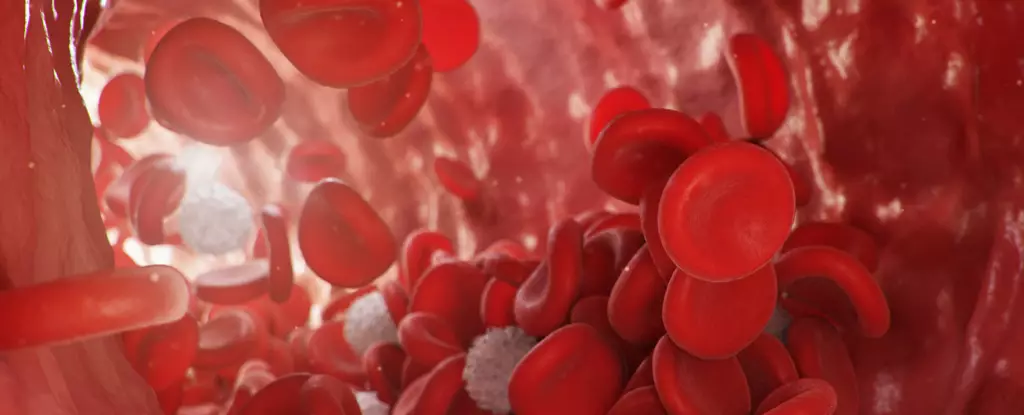Recent research has opened up new possibilities in the early detection of dementia through the analysis of specific proteins in the bloodstream. A study conducted by Fudan University neurologist Yu Guo and collaborators has shed light on potential biomarkers that could serve as early warning signs for this debilitating condition. With rates of dementia on the rise globally and no cure currently available, the identification of these markers could be crucial in providing valuable time for interventions to slow down the progression of the disease.
Yu Guo and his team examined 1,463 types of plasma proteins in blood samples from a large cohort of 52,645 adults without a dementia diagnosis. Through a meticulous analysis, they discovered common changes in the blood serum of individuals who later went on to develop various types of dementia, including Alzheimer’s disease, over a period of 14 years. Four specific proteins – glial fibrillary acidic protein (GFAP), neurofilament light polypeptide (NEFL), growth/differentiation factor 15 (GDF15), and latent-transforming growth factor beta-binding protein 2 (LTBP2) – consistently exhibited altered concentrations in the plasma of these patients.
The presence of GFAP and LTBP2 was found to be highly specific for predicting dementia, even up to a decade before the onset of noticeable symptoms. Combining these protein markers with basic demographic information resulted in accurate predictions of dementia risk, offering a potential tool for early intervention and personalized care. By leveraging this knowledge, healthcare providers can implement strategies to delay the progression of dementia and support affected individuals and their families.
Read More: Optimizing Resource Distribution in 5G Networks through Slicing
While these findings represent a significant step forward in dementia research, there are still challenges to address. The specificity of certain proteins for predicting dementia, such as GFAP and LTBP2, may vary among individuals, necessitating further validation and refinement of predictive models. Additionally, the practical implementation of blood tests as a routine screening tool for dementia risk will require careful consideration of cost, accessibility, and ethical considerations.
The identification of specific blood proteins as early indicators of dementia represents a promising development in the field of neurodegenerative diseases. Recognizing the potential of these biomarkers to revolutionize dementia diagnosis and management, researchers and healthcare professionals must continue to explore new avenues for early detection and intervention. By harnessing the power of scientific innovation and collaboration, we can pave the way towards a future where dementia is detected early, treated effectively, and ultimately, prevented.


Leave a Reply